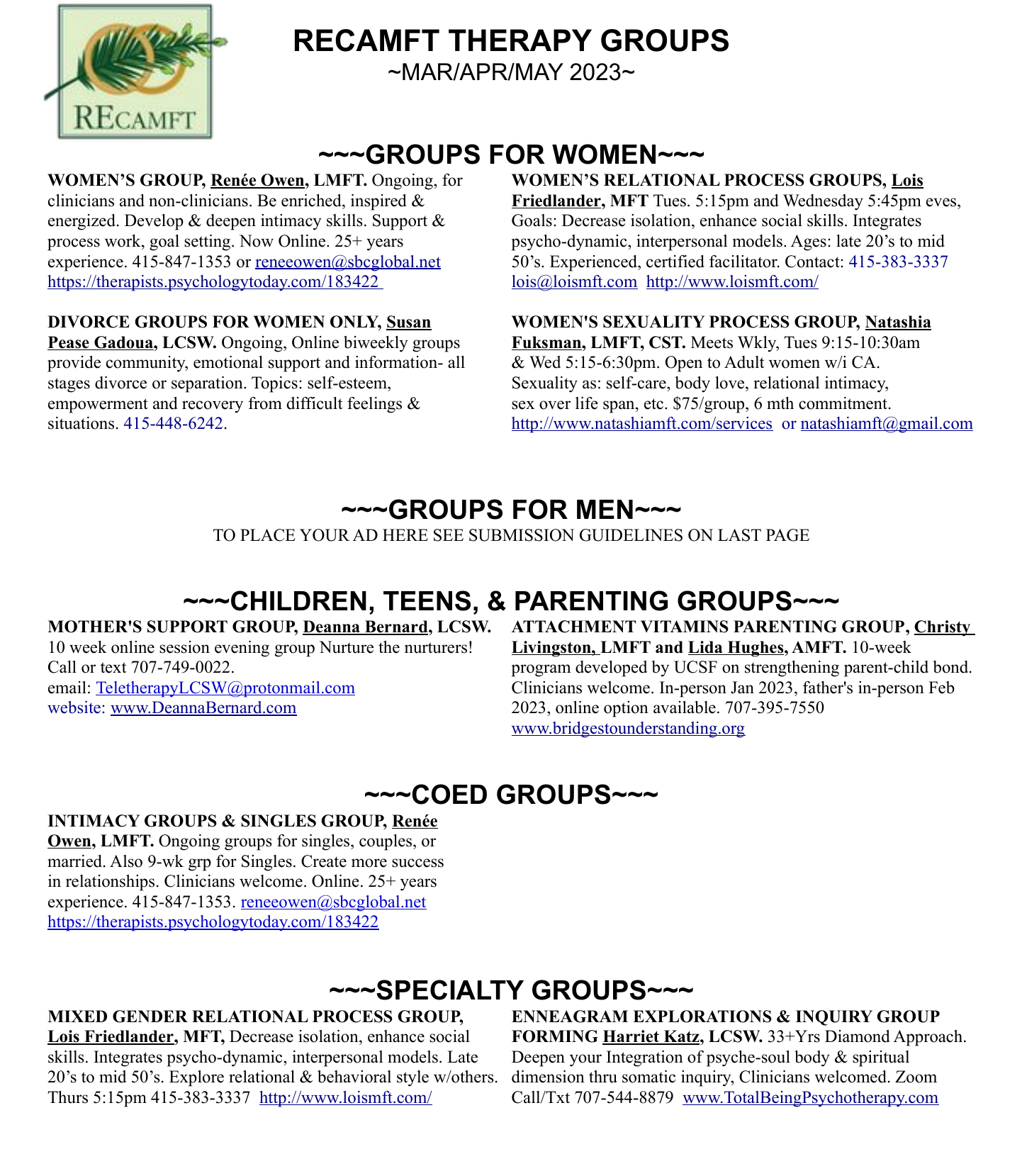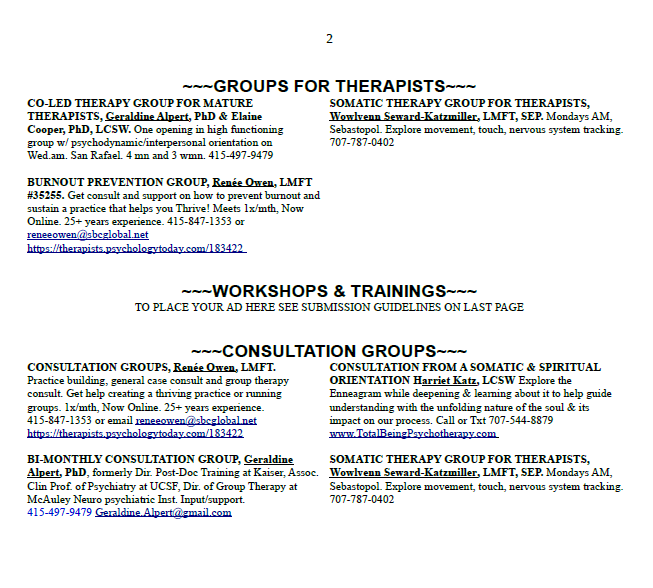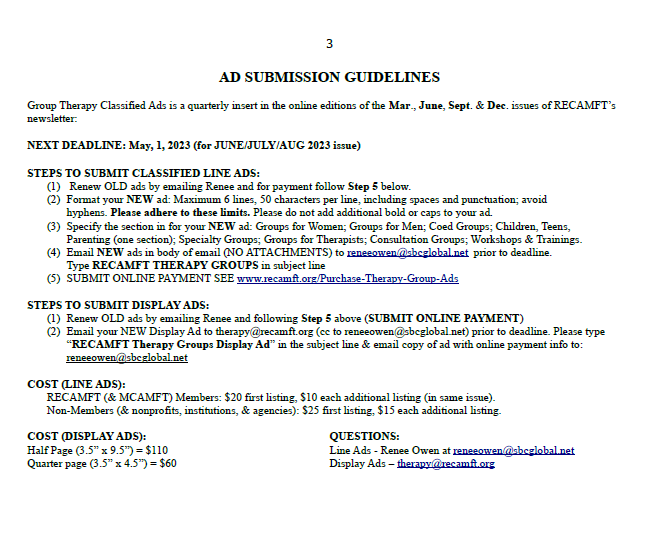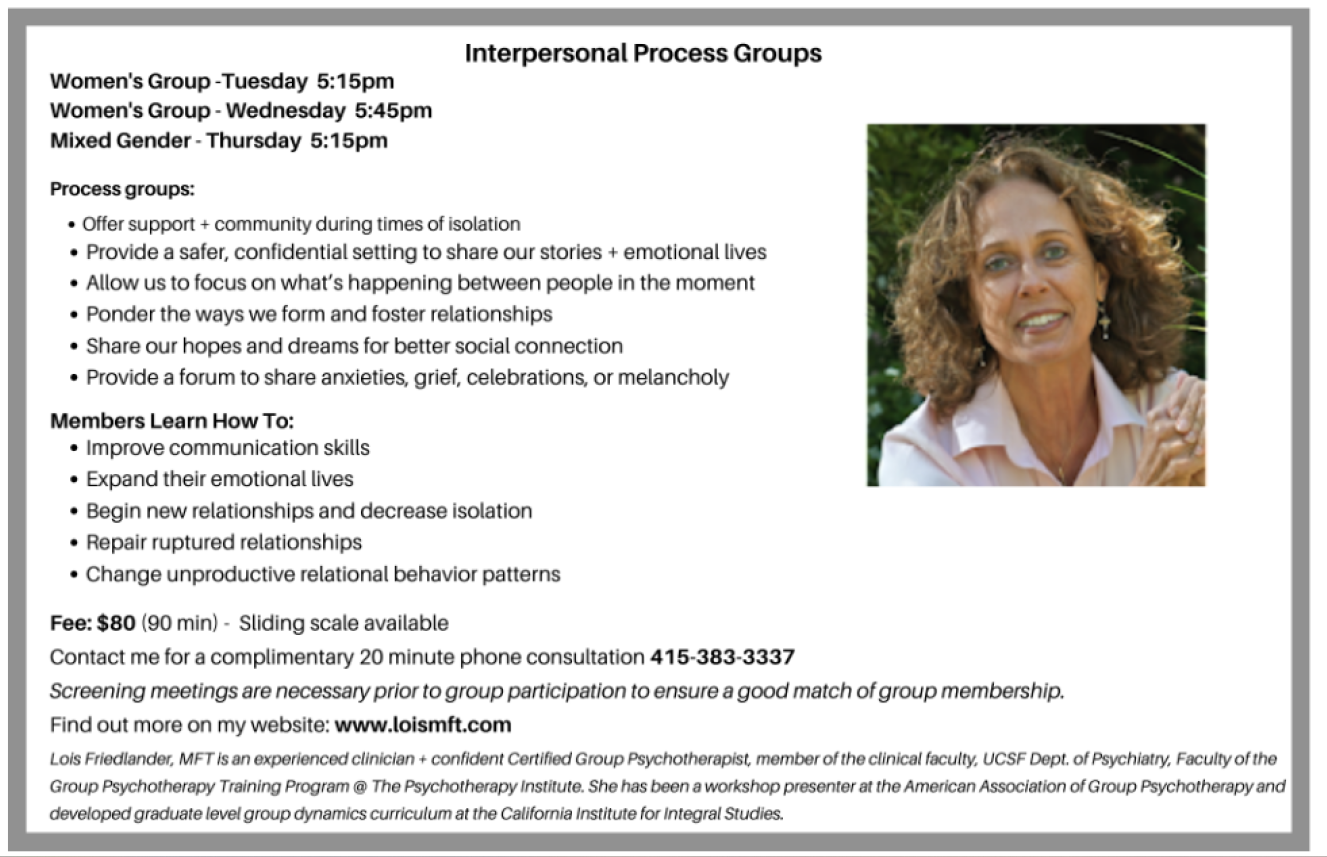- Home
- 2023-03 Newsletter
|
Transforming Trauma: The NeuroAffective Relational Model (NARM) for Addressing Adverse Childhood Experiences and Resolving Complex Trauma Presented by: Brad Kammer, LMFT, LPCC Friday, Mar. 3, 2023 9:00 am - 1:15 pm Zoom, 4 CEs with one 15-minute break |
|
|
Featured memberRECAMFT's Mission Statement The purpose of RECAMFT is to promote and maintain professional competence and integrity with knowledge, innovation, compassion, humor and respect for human dignity and diversity. We do this by providing opportunities for networking, education and community outreach.
If you are not currently enrolled in the listserv, please email therapy@recamft.org and ask to be added. You have the option of setting up your account to be
After you have been added to the listserv, you can change the way you receive the emails to any of the above choices. In Gmail the emails will appear under your Forums tab. To send an email to the listserv, simply address your email to recamft@groups.io If you do not want to be on our listserv, you can delete your account or write to therapy@recamft.org and ask to not be a part of the listserv. But we urge you to give it a try. You are missing out on a ton of meaningful collaboration with your colleagues. We hope you will enjoy being part of our online community! Did you get your sticker in the mail (see below)? If not, please let us know: therapy@recamft.org.
DISCOUNT CODE for ALL chapter members to CAMFT's Annual Conference, May 5-6, 2023, Santa Clara, CA Use code CHAPTERAC upon registration for $20 off your registration fee. More here. |
What is love? The Merriam Webster dictionary has multiple definitions of love: “to be in love with another; to enjoy; to hold dear; positive regard for something.” This shows how love is not one thing but is actually multi-faceted. There are eight different types of love in the world (or four, seven, or ten depending on what you find when you research types of love). Love is the feeling of a full heart, making spirits sing, feeling warm and cozy, showing it to others. We have affection for our parents, children, partners, friends, and fur babies. We also adore good music, a delicious meal, the smell of the earth after the first rain, and holiday parties – plus so much more. All of these are things and people we “love.” When do we take time to truly love other human beings? In graduate school, we learned about Carl Rogers and his theory of “unconditional positive regard.” In school, it did not make a lot of sense to me. Maybe it was the video. Or how it was explained in class. It just did not make much sense. So it became a theory I stayed away from. Over the years, as I have gained knowledge and experience in the field of therapy, I find I genuinely love my clients and their families as the human beings they are. Meeting them where they are, cheering their successes, sitting with them in their grief, feeling their pain, hearing their stories, helping them be healthier. When I think about unconditional positive regard now, it makes much more sense to me. I am not sure if this is how Carl Rogers envisioned unconditional positive regard however, it is how I understand and practice it. Maybe Carl Rogers or unconditional positive regard is not your cup of tea. It was not mine previously but one I practice regularly now. Love others as you want to be loved. Give love, the genuine, honest love of one human loving another as a being worthy of love, to your clients, and see how the work with your clients shifts. As we leap towards spring, choose to give (and receive) love. With compassion,
Gina L. Culver, MS, LMFT President, RECAMFT.org
Prelicensed 3000 Hour Club Meeting is the first Friday monthly on Zoom (for now), 3-5 pm. Speaker in the first hour with the second hour reserved for group discussion. Walk and Talk events in April, May, June planned for Ragle Ranch Park. More here. Mar. 3rd "Understanding Collaborative Divorce" with Randy Cheek, LMFT. Zoom event. Register here.
Please consider giving a tax-deductible donation to our Joe and Pamela Ward Scholarship Program to continue our program of financial support for our emerging clinicians who face high expenses and low pay.
The funds that make these awards possible have been generously donated by members of our chapter and are doubled by matching funds authorized by our Board of Directors. Your donations will go twice as far! We have raised $2270 towards our goal of $5250 which funds the scholarship program for 2022, 2023, and 2024. We are $2980 away from our goal! Please visit www.recamft.org/scholarship to give a tax-free donation today!
The all-new Spirit of RECAMFT Award is intended to highlight or showcase our members who are working in the community to support the mental health profession and the well-being of our community at large. It is for those members who may not necessarily be seen but have contributed to unmet needs and or advancements in the mental health profession. At the heart of this award is acknowledging someone who embodies all of the aspects of RECAMFT’s mission, values, vision, and commitment to the profession and mental well-being within the community. Find out more here. Return to top We STILL need help with
Please send an email to therapy@recamft.org if you can help. Return to top |
Thoughts from the Racial & Social Justice Committee (RSJC) Women’s History Month: A Reflection By Emily Larkin, LMFT
As a mental health professional, I am inspired to reflect on some of the notable women who paved the way for progress within the field of psychology. Women like Mary Whiton Calkins, who was denied her PhD from Harvard on the grounds of her gender, and later served as the American Psychological Association’s first female president. Women like Mary Ainsworth whose work helped form the theory on attachment, Karen Horney who challenged Freud and was a pioneer of feminist psychology, and Mamie Phillips Clark, the first black woman to receive a PhD from Columbia whose research influenced the groundbreaking ruling of Brown v. the Board of Education. In a field originally dominated by men, many of the women who have come before us have significantly changed our perceptions about the human condition and led to improvements in mental health care. Today, women now make up nearly 74% of mental health providers in the United States. Despite this shift within the profession and the numerous contributions women have made, women are still less likely to hold higher positions within the field and continue to earn less on average than their male colleagues. Gender bias has been woven throughout the sociocultural context of our society and this is reflected in the diagnostic criteria and measures of psychology. Women have been widely under-represented in studies that originally informed diagnostic standards, despite the fact that women are twice as likely to suffer from many of the most common mental health disorders, including anxiety and depression. Criteria for diagnoses like ADHD and autism were based on studies of young males, leading to the misdiagnosis of generations of women and girls, and there has been wide criticism for gender bias in how personality disorders are diagnosed. The intersectionality between gender identity and race is paramount in the discussion of gender bias. We could not appropriately talk about women’s history without acknowledging the marginalization of BIPOC women and LGBTQ+ women, including trans women and nonbinary people, and the ways they have been excluded from many of these conversations. Even in studies where women were included, BIPOC women have often been under-represented. Many treatment modalities lack cultural competency considerations, and physical and mental complaints are more likely to be dismissed from women of color than from their white counterparts. Likewise, women within the LGBTQ+ community have historically been mistreated by the healthcare field and pathologized. Discriminatory practices and prejudice have made it increasingly difficult for LGBTQ+ individuals to gain access to safe spaces and adequately address the often-high rates of mental health challenges they might experience. The past pioneers of women’s rights who fought for representation and made discoveries that gave birth to new understanding and knowledge have laid a foundation for us to continue to question our standards and strive for a more inclusive and equitable world. When I look back upon the history of women, both within our field and as a whole, I am struck by the themes that present themselves: The drive to innovate and create change, the endurance to persevere despite the barriers that exist, and the willingness to be at the forefront of progress. I see so much good that has come from those who brought about change, but it is evident that we still have more work ahead. I encourage my fellow RECAMFT members to take a moment to pause in reflection and consider how we can honor the legacies of the women who have come before us. How might we expand our understanding of other’s challenges, illuminate our blind spots, and build awareness? How can we eliminate barriers that halt progress and truly offer opportunities for growth and healing for all? I remain hopeful that we can learn to greet new perspectives, challenge old beliefs, and develop a greater sense of accountability, holding within us the same openness, grace, and curiosity that we bring forth in our work and offer to our clients.
Emily Larkin, LMFT is RECAMFT's Secretary and a member of the Racial and Social Justice Committee (RSJC). She has a private practice in Sebastopol. Return to top | RECAMFT's Racial and Social Justice Pledge
We strive to advocate, educate, collaborate, and strategize for positive racial and social justice change within our membership and our community. Got a sticky problem? Come discuss it confidentially with your colleagues at our next Ethics Roundtable
Be sure to let us know so we can include it on our Library page. Email therapy@recamft.org. Check out all the following events!
Contact therapy@recamft.org to advertise a job.
April is Alcohol, Autism Acceptance, and Earth Awareness Month. We especially welcome submissions where these themes intersect with mental health. Please send your submission (500 word max) to therapy@recamft.org by the 15th. Questions? therapy@recamft.org. |
Linda Block's sticker is on her water bottle.
| Louisa Gluck put hers on the front door.
|
Here are the busy bees who put the mailing together and sent you the latest Justice Project mailing. Thanks to Gina Culver, Gail Van Buuren, Laura Strom, Cynthia Halliday (our hostess), JoAnn Consiglieri, Emily Larkin, Ilene Frommer, Randy Cheek, and Linda Block for all your help!
| This is a picture of the massive undertaking of mailing out 700+ envelopes to every member. We hope you are enjoying your sticker, and want to get involved with RECAMFT's Justice Projects. We also sent them to the CAMFT Board and Executive Director to inspire our state leaders. We want to start a movement!
|
Are you creative? Join us for our Crafting Group. Bring any craft you like, get on Zoom with us and visit with your colleagues while we knit, sew, paint, draw, cook, create, etc.
The Programs Committee needs a chair. This is a fun one, choosing the speakers for the coming year. Is it you? We also need a couple of people to help us review presentation applications. Can you help? Send your interest to therapy@recamft.org. Find out more about advertising with RECAMFT here. | Upcoming events
|
Dr. Mah pointed out both sides of the equation, i.e., how it is that clients with particular personality profiles (borderline, narcissist and sociopath) are most often involved in therapists being in trouble for ethical violations. It is up to the therapist to successfully handle the behaviors from these clients so that we don't end up in that position. As an example, he pointed out Borderline Personality Disorder is marked by a fear of betrayal, abandonment and rejection. So he informs the borderline client of his prediction eventually the patient will feel one of those three feelings towards the therapist. He tells the client early in therapy, "I will say or do something that will upset you and when that happens, you will want to ghost or annihilate me - so I want you to do something different and talk to me about it." That way he hopes he can help them work through the upset before they retreat and file a complaint against him. In working with clients of a different ethnic or cultural background, Dr. Mah says if we act like there is no difference and just gloss over it, that is being disrespectful because it gives a message of "who you are doesn't matter." He shows interest in them and asks about their family's economic and social status. Cultural issues also come into play regarding receiving gifts from a client. Would turning down a gift be hurtful or insulting in that client's culture? If so, accepting the gift and documenting why in the notes may be appropriate. Practicing outside our Scope of Practice is a way therapists get into trouble. For example, MFTs are not qualified to make recommendations about custody issues. Dr. Mah said we can make referrals to other professionals, but not recommendations in any area unless we have specific training and certification. When a client who wants the therapist to fill out forms for Social Security Disability Insurance (SSDI), Dr. Mah said we must just tell the truth about what we observe, and refrain from advocating for what our client wants. He said we need to act within our Scope of Competency which means competency as evidenced by verifiable education, training or consultation. If the therapist feels a state of deprivation, such as lack of enough clients, we can then feel entitled, and rationalize why it is okay for us to cross ethical boundaries that can get us in trouble. Dr. Mah said that when you tell yourself that "this is a special situation," you are pushing a boundary, and this should trigger an alarm. If you do decide to cross that boundary, it is important to document in your notes why this makes sense to you. He said during his time on the CAMFT Ethics Committee, he was more disturbed by therapists who did not acknowledge in their notes that they crossed a boundary, rather than those who acknowledged it and spelled out their reasoning. Another area of therapist confusion can be the "unit of treatment." Dr. Mah said this term means either individual, couple or family. If it is individual therapy and you decide to bring someone else into the session such as a parent or spouse, the unit is still individual treatment. If you decide to change the unit of treatment after the first few assessment sessions, you need to document this change in your notes and make clear why you changed the unit of treatment. This was a lively and very informative training. If you missed it, be sure to go to the Members Only page on the RECAMFT website and locate the video of this presentation. For more information on Ronald Mah, PhD, go to www.ronaldmah.com. Michael Krikorian is an MFT who brings over 40 years of experience to his work with individuals and couples in Sonoma County. More information can be found at http://krikorianmft.com. |
The RECAMFT Board had its first Roberts Rules training after the Feb. 10th board meeting (see pic). The training was arranged by Dr. Bob Casanova. Lorenzo Cuesta is the Parliamentarian who trains the CAMFT Board each June. Our bylaws specify the Board will use Roberts Rules for meetings (Article 19). All Board members were provided a small copy of Roberts Rules in Brief. The RECAMFT Board has the President Elect serve as its Parliamentarian, so s/he will be familiar with the etiquette when they become President. Here is a photo from the training with a number of folks holding up their "Everyone is welcome here" stickers which were recently mailed to all members.
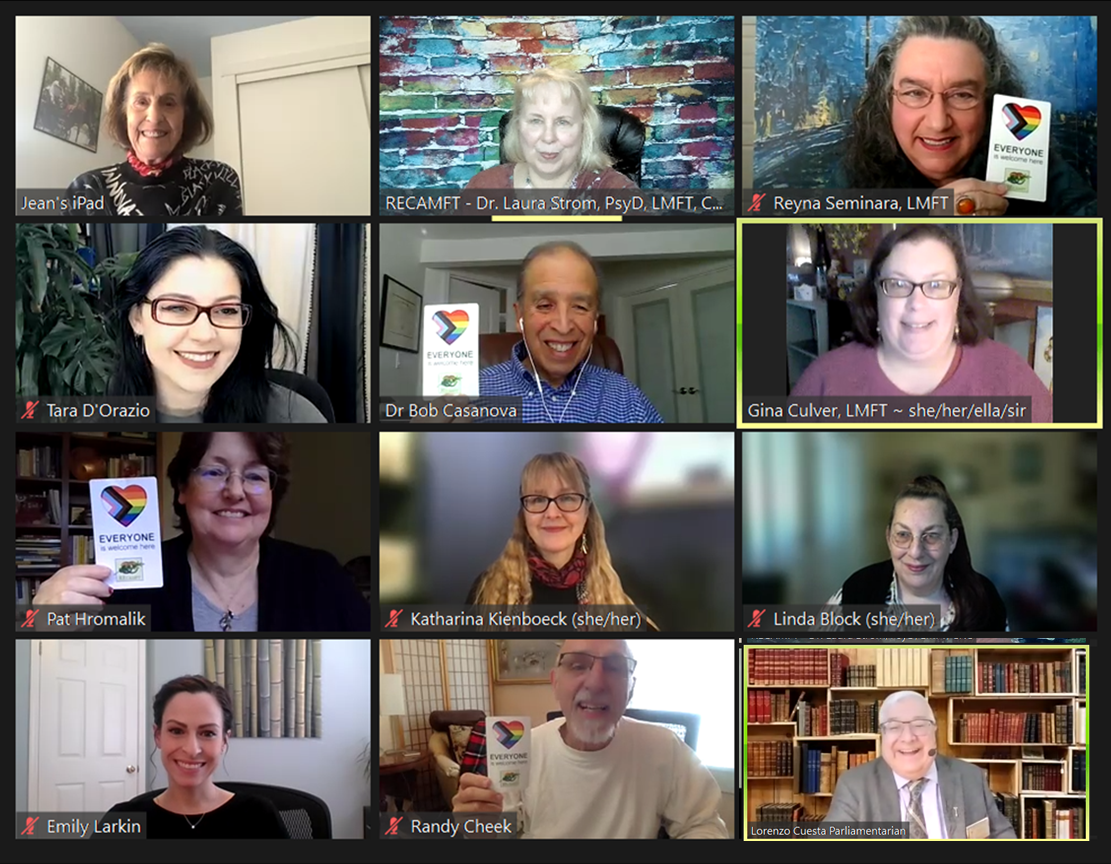
RECAMFT CFO Tara D'Orazio presented the 2023 Budget which was approved unanimously by the Board. Monies were set aside for possibly hiring a CPA should we exceed $50K in 2023, and for name tags for board members. Linda Block, Director at Large, shared her experience of sharing about our Justice Projects with other chapters at the CAMFT Chapter Leadership Conference. Linda has also been helping solicit speakers for this fall which was very appreciated since the Programs Committee still needs a Chair (is it YOU???).
The Board was pleased with the successful rollout of the 2023 Justice Project which included sending all members an envelope with a specially designed sticker, and an insert inviting members to participate. Last month the Board allocated 25 free Law & Ethics slots for members who finish and attest their Justice Project by May 31, 2023.
Pat Hromalik, Director at Large, requested the issue of creating a Compassion Fatigue group be added to the agenda. After brainstorming, the Board also decided to consider offering another Suicide Workshop (6 hrs) through the lens of LGBTQ+ Affirming Care. Both ideas will continue to be discussed as more develops.
RECAMFT is offering a 3 CE course to satisfy the NEW 2023 BBS requirement - AB 1759 which goes into effect July 1, 2023!! YOU NEED THIS COURSE NOW!! By Laura Strom, LMFT Past President, RECAMFT If you are licensed with the CA Board of Behavioral Sciences (BBS), you are REQUIRED to take a 3-hour course in Telehealth to satisfy the new law which goes into effect on July 1, 2023. This includes ALL licensed and prelicensed folks. RECAMFT is proud to present the course you need just in the nick of time!
Below is the course description. Don't miss this class, and please register and tell your friends! Telehealth: Law & Ethics, Technology, and Best Practices for Connecting with Your Clients (Satisfies new 2023 BBS requirement – AB 1759, affecting ALL BBS licensees - licensed and prelicensed) 3.0 CEs This course is designed to satisfy the requirements of California AB 1759 (Chapter 520, Statutes of 2022), which goes into effect on July 1, 2023. Based on this new law, the California Board of Behavioral Sciences requires current license holders and future applicants for licensure to have completed three hours of training in the provision of mental health services, including law and ethics related to telehealth. Presenter Bio
Course Description In many ways, providing therapy through Zoom or other online options is similar to working with a client in person – except when the technology glitches out, or the client is in crisis. Are you prepared for these situations? This course offers specific guidance on the legal requirements and practical considerations for providing therapy by telehealth in California, including informed consent, assessing appropriateness for telehealth, telehealth across state lines, HIPAA and confidentiality, and documentation. You’ll learn about important safety plans that should be prepared for each client, along with suggestions for implementing a simple technology failure protocol. The focus will be on best practices for two-way video therapy conducted on Zoom or other platforms, though all telehealth modalities will be discussed. Note: The California BBS has recently introduced a requirement that, as of July 2023, all existing licensees and new applicants for licensure need to provide proof of 3 hours of telehealth training. This course meets that requirement. Educational Goals This course covers the California laws for delivery of telehealth by LMFTs, LPCCs, LCSWs, and LEPs, along with ethical requirements established by professional associations including CAMFT, ACA, etc., and a focus on client safety and unique considerations for clinical care via telehealth. Learning Objectives At the conclusion of this course, participants will be able to: 1. Assess a prospective client for suitability for therapy via telehealth. 2. Identify 3 requirements for documenting telehealth sessions with clients. 3. Name 3 components of a client telehealth safety plan. 4. Explain when telehealth is permitted across state lines. 5. Describe 2 ways that telehealth may increase equity in mental health and support social justice. 6. Apply an ethical decision-making model to common scenarios that uniquely arise in the provision of telehealth. Diversity, Inclusion & Equity Focus The course will discuss factors of equity and how telehealth has the potential to meet the needs of different types of clients. Telehealth increases access to care to populations that may not otherwise be able to engage in therapy, including low-income clients, those who may be home-bound or have limited access to transportation, and those in rural areas with few providers nearby. Telehealth can reduce barriers including cost and inconvenience, making mental health services more accessible. |
Meet RECAMFT's 2015 President - Kris Spangler, LMFT In 2015 America made history when the Supreme Court legalized same-sex marriage as the law of the land. Kris Spangler, LMFT became RECAMFT's President, after serving as President Elect, during this momentous occasion in which marriage for all became the law of the land. Thank you, Kris, for all you've done for RECAMFT! Want to see all our Past Presidents? Click here.
Click the ad below to be taken to the advertiser's website. Click the ad below to be taken to the advertiser's website. LOTS MORE PAGES AND GROUPS - RECAMFT.ORG/Therapy-Groups CLICK HERE TO LEARN MORE ABOUT LOCAL GROUP OFFERINGS, AND PAYMENT TO ADVERTISE YOUR GROUP. Thank you for reading this month's newsletter! RECAMFT is great because of involved members like you!! |





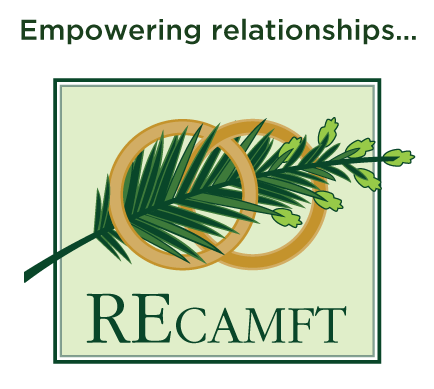
 Participate in the Justice Project : Antiracism by 12/31/23 and receive a lovely Certificate of Achievement for your wall! Click
Participate in the Justice Project : Antiracism by 12/31/23 and receive a lovely Certificate of Achievement for your wall! Click  Our listserv has over 400 members on it, and is active daily with great conversations, resources, offerings, in search of, books, movies, office rentals, jobs, internships, etc. You can view the home page of our listserv at
Our listserv has over 400 members on it, and is active daily with great conversations, resources, offerings, in search of, books, movies, office rentals, jobs, internships, etc. You can view the home page of our listserv at .png)


 Gina Culver, LMFT is a
Gina Culver, LMFT is a 
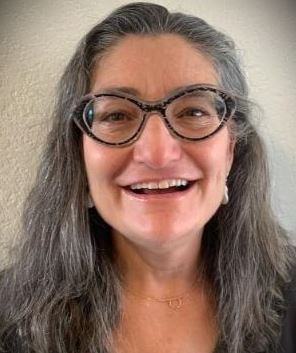 Meet RECAMFT's Prelicensed Chair and Director at Large,
Meet RECAMFT's Prelicensed Chair and Director at Large, 
 Announcing the
Announcing the  March is women’s history month, which encourages us to reflect more deeply upon the challenges and triumphs of the women who have come before us and the ways in which their actions and fortitude have made an impact. When I think about women’s history, I am initially drawn to transformative plights of the past: the fight for women’s suffrage, the prejudices that limited women’s autonomy and labeled women as “hysterical,” and the barriers that prevented women from accessing education and resources in the name of traditional values.
March is women’s history month, which encourages us to reflect more deeply upon the challenges and triumphs of the women who have come before us and the ways in which their actions and fortitude have made an impact. When I think about women’s history, I am initially drawn to transformative plights of the past: the fight for women’s suffrage, the prejudices that limited women’s autonomy and labeled women as “hysterical,” and the barriers that prevented women from accessing education and resources in the name of traditional values.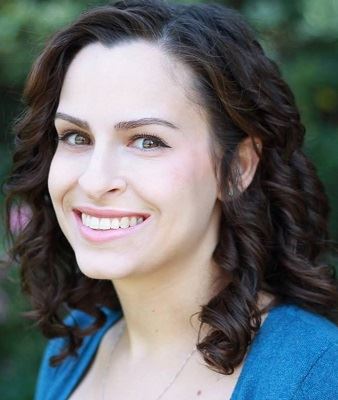
 Not consultation, just a great way to get some ideas about how to handle your sticky case. Friendly and open group. Learn more
Not consultation, just a great way to get some ideas about how to handle your sticky case. Friendly and open group. Learn more 
 Call for Submissions for the April 2023 Issue of The RECAMFT Therapist!
Call for Submissions for the April 2023 Issue of The RECAMFT Therapist! 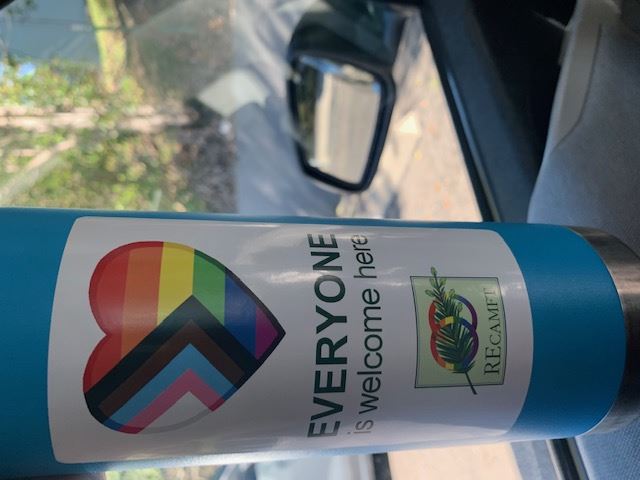

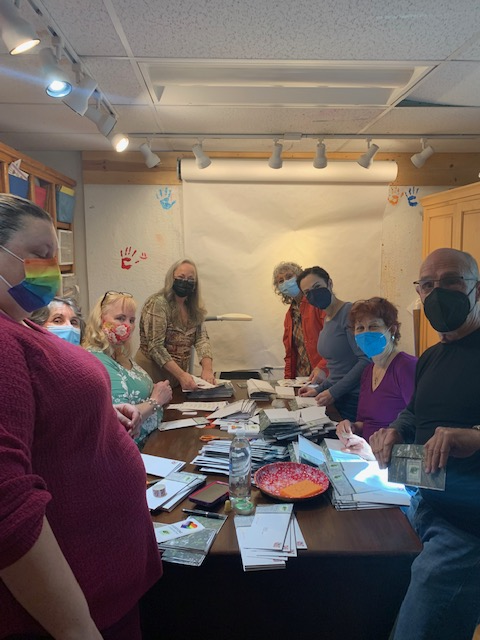
 Members! Your SHORT DESCRIPTION is the most important thing on your profile. Why? Because that shows in our
Members! Your SHORT DESCRIPTION is the most important thing on your profile. Why? Because that shows in our 


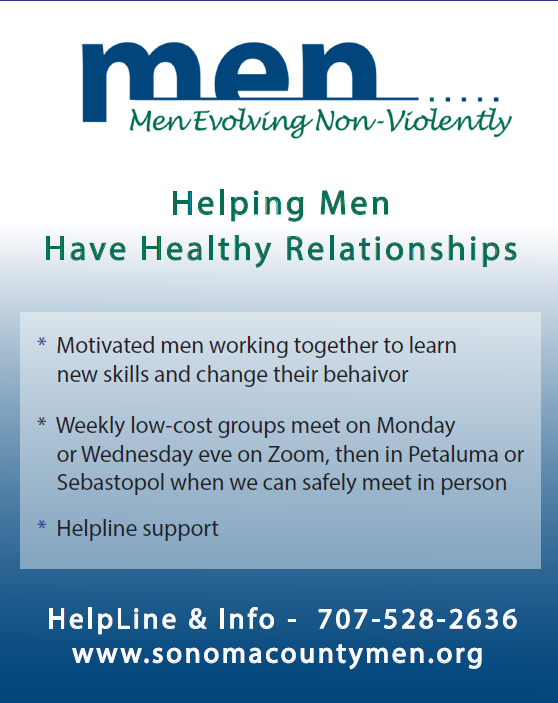
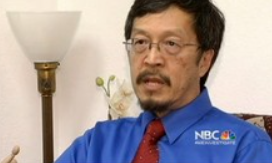 At our February meeting, Ronald Mah, PhD, managed to both entertain as well as provide important information on what to be aware of in order to not be pulled into crossing ethical boundaries that will end up with us being brought before licensing and professional association boards. His talk was titled "Seductions and Arrogance: Client Presentations and Therapist Vulnerabilities That Lead to Legal and Ethical Violations." Ronald brought his 22 years as a licensed therapist, along with his six-year role as a member of CAMFT's Ethics Committee, service on the CAMFT Board of Directors, and work as a trainer and clinical supervisor to his presentation to help us understand how we can end up in trouble for ethical violations.
At our February meeting, Ronald Mah, PhD, managed to both entertain as well as provide important information on what to be aware of in order to not be pulled into crossing ethical boundaries that will end up with us being brought before licensing and professional association boards. His talk was titled "Seductions and Arrogance: Client Presentations and Therapist Vulnerabilities That Lead to Legal and Ethical Violations." Ronald brought his 22 years as a licensed therapist, along with his six-year role as a member of CAMFT's Ethics Committee, service on the CAMFT Board of Directors, and work as a trainer and clinical supervisor to his presentation to help us understand how we can end up in trouble for ethical violations.

 Lisa Wenninger (she/her) is a second-year doctoral student in Counselor Education & Supervision at Antioch University, with a research focus on antiracist skills in counseling, and coursework and experience in teaching teletherapy skills to counseling students. Lisa was herself trained in telehealth starting in early 2019 in her Master’s in Clinical Mental Health Counseling at Northwestern University. As an online-by-design program, Northwestern has leveraged Zoom and other synchronous online technologies to train new clinicians since well before the pandemic. Lisa has furthered her expertise in telehealth through a specialized 9-hour Telemental Health Provider Training in 2022. She is a recipient of the 2022 CCE Board Certified-TeleMental Health Provider training award by the NBCC Foundation and expects to earn the full BC-TMH credential by Spring 2023. Lisa has an MBA from Columbia and deep experience in technology from a 20-year career in software development before becoming a therapist.
Lisa Wenninger (she/her) is a second-year doctoral student in Counselor Education & Supervision at Antioch University, with a research focus on antiracist skills in counseling, and coursework and experience in teaching teletherapy skills to counseling students. Lisa was herself trained in telehealth starting in early 2019 in her Master’s in Clinical Mental Health Counseling at Northwestern University. As an online-by-design program, Northwestern has leveraged Zoom and other synchronous online technologies to train new clinicians since well before the pandemic. Lisa has furthered her expertise in telehealth through a specialized 9-hour Telemental Health Provider Training in 2022. She is a recipient of the 2022 CCE Board Certified-TeleMental Health Provider training award by the NBCC Foundation and expects to earn the full BC-TMH credential by Spring 2023. Lisa has an MBA from Columbia and deep experience in technology from a 20-year career in software development before becoming a therapist.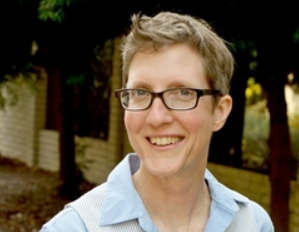 Past President
Past President 